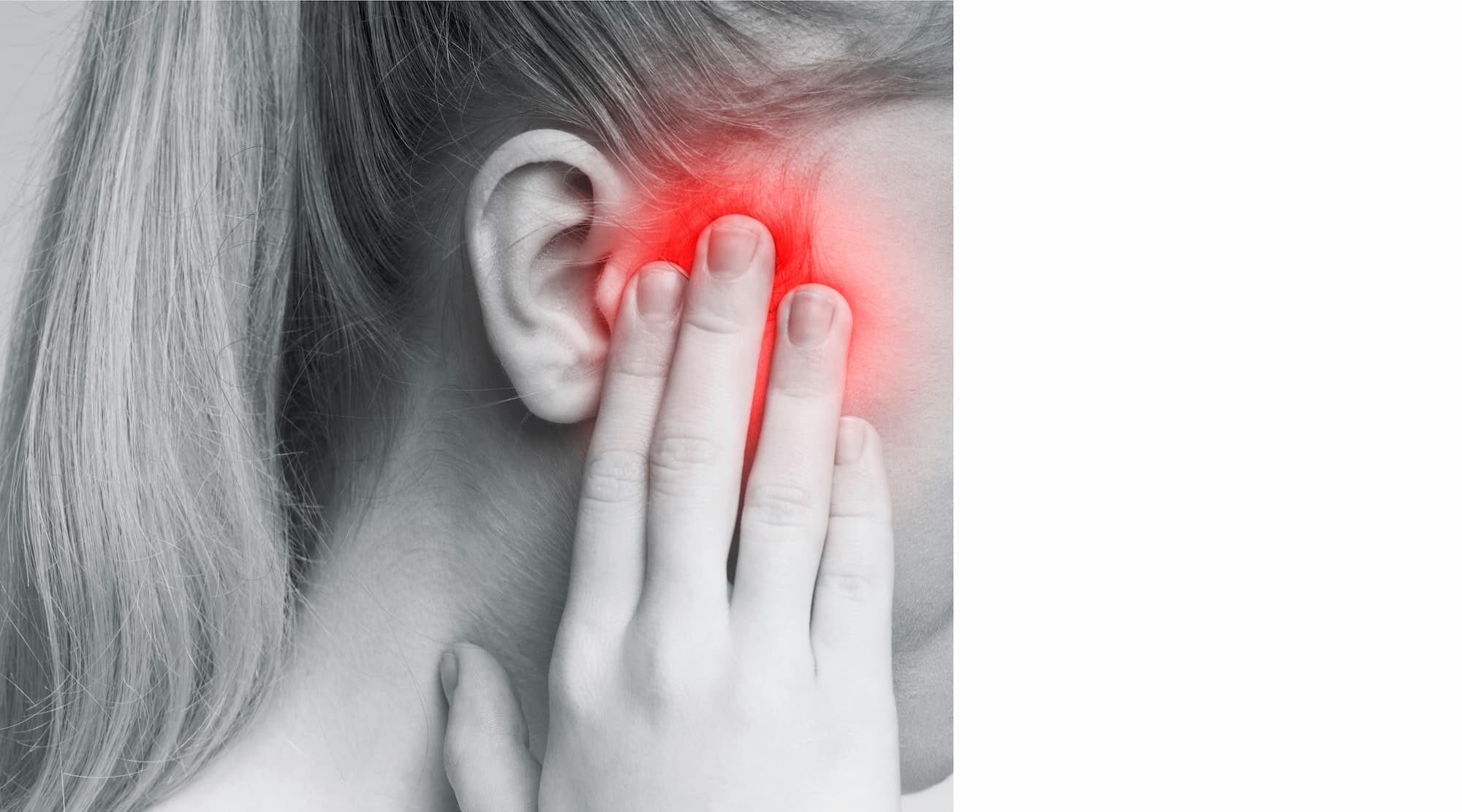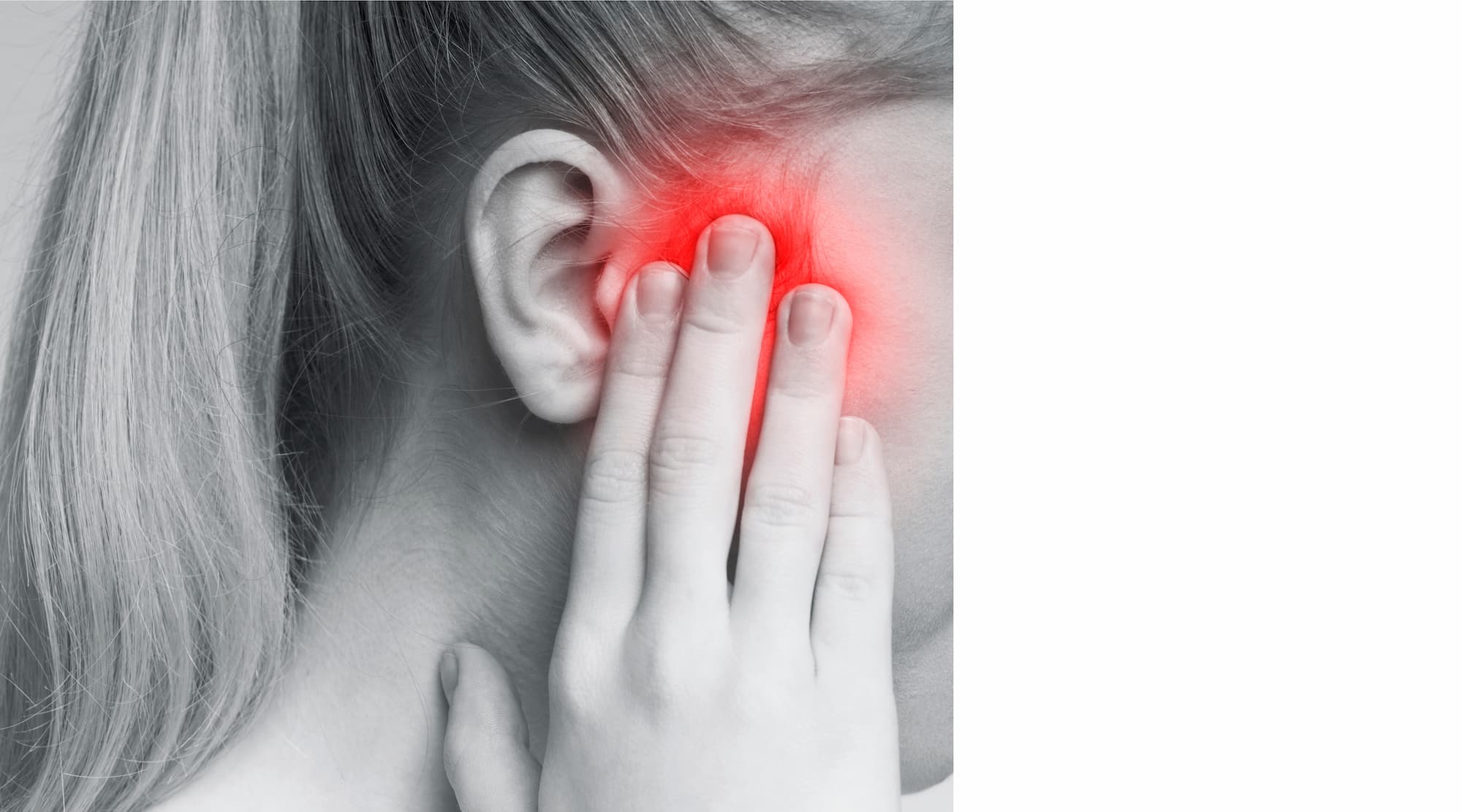- Misophonia causes an emotional response to certain trigger noises.
- Hyperacusis causes physical discomfort as if the volume of everyday noise was much louder.
- Sound therapy and other options can treat or even cure hyperacusis and misophonia.
Certain noises can be irritating for everyone. For example, screeches on a chalkboard can cause anyone to squirm, and a nearby jackhammer can be too noisy no matter who you are. However, some people experience much more severe responses than the average person; Misophonia and hyperacusis can result in certain everyday noises having a substantial negative impact on one’s life.
Treatment for Misophonia
Are there sounds you just can’t stand? Do you feel enraged or anxious when someone is breathing too loudly or sniffing? These could be signs of a condition called misophonia. People with misophonia have very strong emotional responses to certain trigger sounds. This condition goes beyond simply disliking a sound. It can be disruptive to the patient’s life and even mentally harmful.
What is Misophonia?
Misophonia is an auditory condition characterized by an extreme aversion to sound. The name means “hatred of sound.” Specifically, it is an aversion to one or a few specific sounds that may result in anger, anxiety, or extreme displeasure. However, it is important to note that simply disliking a sound is not necessarily misophonia. Instead, this condition is usually only diagnosed if there is an unusually strong emotional response. Common trigger sounds include breathing, chewing, grinding, sniffing, and tapping.
Sensitive to Sound or Misophonia?
There is not always a clear line between being bothered by sounds and having misophonia. There is still more research needed to understand this condition better. However, if the affected person has a seemingly uncontrollable emotional response, that is a sign of misophonia.
Symptoms of Misophonia
The primary symptom of misophonia is a strong emotional response to one or a few trigger sounds, though the severity can vary from person to person. Some people feel highly anxious or worried, while others feel angry or overwhelmed. The main characteristic of misophonia is the magnitude of the response rather than a specific emotion.
In some cases, misophonia can cause other behaviors, such as avoiding situations that may include a trigger sound. It can also result in some mental health issues.
Can Misophonia Be Cured?
Yes, misophonia can be cured in some cases. Treatments for misophonia typically include sound therapy, which aims to neutralize the response to trigger sounds. Many patients can fully stop the reaction if treated by an experienced professional, although this can take an extended treatment period.
When misophonia cannot be fully cured, treatment can lessen it to a significant extent. However, it is important for both the patient and their loved ones to recognize that the process can take time. Patience, motivation, and a positive attitude are often essential for effective treatment. Although the length of treatment varies significantly, most patients start to see some benefit in a few weeks.
Before treatment can begin, it is important to have a full hearing evaluation. This can rule out other possible causes and check for any auditory conditions that may complicate the situation. Memorial Hearing can provide diagnostic hearing evaluations in the Houston and Katy, TX area.
Treatment for Hyperacusis
If you hear sounds and feel pain in your ears, you may have hyperacusis. This condition can cause a variety of responses such as anxiety, fear, and overwhelming discomfort. Several events and conditions can cause it every day. However, unlike misophonia, it is characterized by a physical response. Some experts estimate that about one in 50,000 people suffers from this condition.
What is Hyperacusis?
Hyperacusis is a sensitivity to noise that causes physical pain or substantial discomfort. Everyday sounds can be hard to handle with this condition. Many people with hyperacusis describe it as being as if the world’s volume was turned up to an uncomfortable level.
Patients can find normal life difficult to bear due to hyperacusis. If you find normal sounds overly loud when others are unbothered, you should strongly consider being evaluated for hyperacusis.
Symptoms of Hyperacusis
Hyperacusis symptoms are typically physical pain in the ear or a feeling of pressure (it may feel like your ear is full). The severity of this can range from discomfort to severe pain. For many people, tinnitus (ringing in the ear) is experienced along with pain.
It is most common to experience hyperacusis with high-pitched noises such as alarms or babies crying. However, it is possible to have a reaction to almost any sound, depending on the specifics of the patient’s case.
Some people with hyperacusis also experience feelings of anxiety or emotional distress accompanying the pain. Therefore, this condition is sometimes confused with misophonia.
Hyperacusis vs. Misophonia
The key difference between hyperacusis and misophonia is that hyperacusis causes physical pain or discomfort, while misophonia causes an emotional response. Some physical responses to emotion, such as feeling hot when angry, may occur; they will not typically present as pain in the ear(s). Hyperacusis is relatively easy to identify due to that very localized pain.
If you think you may have one of these conditions, you should get checked out by a hearing specialist. With a proper diagnosis, you will be able to start treating your condition.
What Is the Difference Between Tinnitus and Hyperacusis?
Although hyperacusis can be accompanied by tinnitus, these conditions are not the same. Tinnitus is characterized by persistent ringing in the ear. Conversely, hyperacusis is the over-amplification of sounds.
Can Hyperacusis Be Cured?
In some cases, hyperacusis can eventually be cured. However, this depends significantly on the nature of the patient’s condition. There is currently no quick and consistent cure, such as surgery. Instead, it requires treatment to help improve the patient’s quality of life. Eventually, this can lead to fully rebuilding the patient’s tolerance to sounds.
Treatments for hyperacusis are usually done with sound therapy. This can help patients better cope with uncomfortable sounds and eventually retrain the brain’s auditory processing center to accept everyday sounds as normal. This may take six to 12 months of regular sound therapy to achieve a “cure.” Severe cases may take even longer.
Hyperacusis is sometimes caused by medical conditions or damage to the ear. In these cases, the cause will need to be treated before or during the hyperacusis treatment process. Counseling can also help with treatment, equipping patients with better strategies to address their reactions to offensive sounds.
Learn More About Addressing Misophonia and Hyperacusis
Memorial Hearing helps patients with various hearing conditions, including misophonia, hyperacusis, tinnitus, and hearing loss in Houston, TX. We believe that hearing is a major factor in the quality of life and that everyone deserves high-quality and compassionate care for hearing issues. Contact us online or call (713) 984-7562 today to learn more about our services and hearing products.
Featured Image: Prostock-studio/Shutterstock


